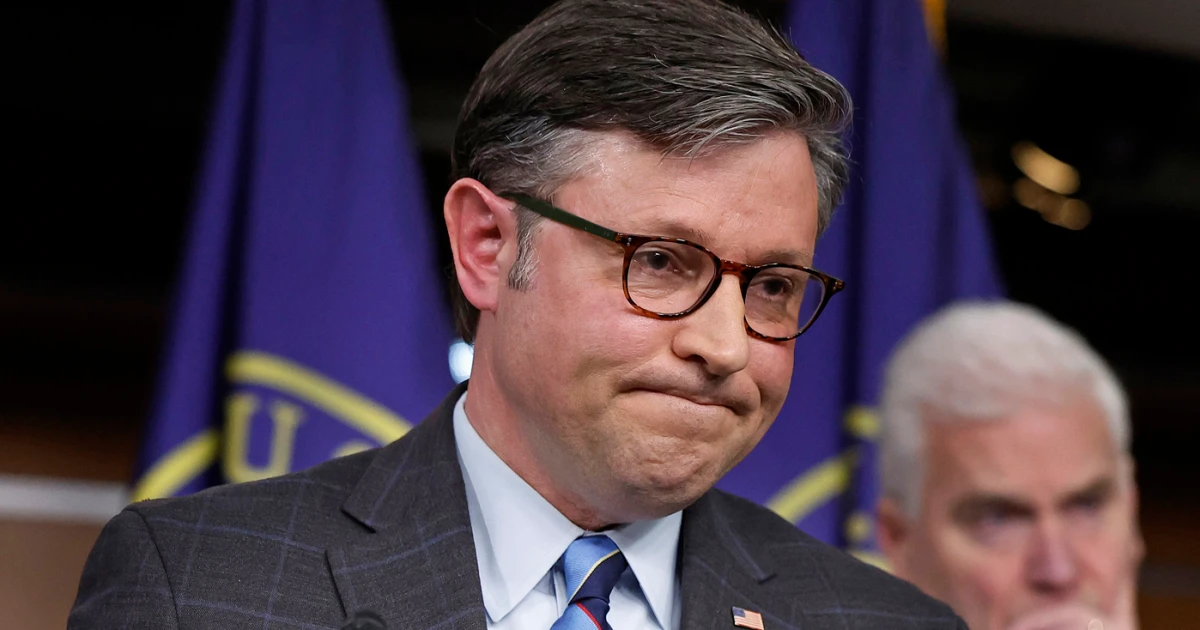In Florida, an ascendant Gov. Ron DeSantis successfully did an end around on local press in recent years, propping up new media outlets and using friendly national interviewers to make his points without push back.
Yet the 2024 presidential campaign, and the problems Donald Trump presented, necessitated a different strategy.
DeSantis spent weeks in Iowa, New Hampshire, and South Carolina starting at the midpoint of 2023, making himself available to local press with everything from in-person and virtual press conferences to long form interviews and town halls.
Nowhere was he more present than the Hawkeye State, where he visited all 99 counties in what was called the “Full Grassley,” as he brokered endorsements and as a supportive super PAC manufactured what was claimed to be a strong ground game.
But as readers know, that vaunted strategy had a ceiling. The Governor barely topped 20% in Iowa, failing to carry any of the counties he visited, and before he dropped out, he was seemingly headed for a single-digit showing in New Hampshire.
Could some of that failure to launch have had to do with the collapse of the local news ecosphere that the Governor, ironically enough, sidestepped successfully here in the Sunshine State?
A recent article from the Columbia Journalism Review suggests just that, noting that even though DeSantis “barnstormed hard,” the strategy failed in part because “local news outlets have been hollowed out—leaving voters less attuned to local issues, and the stations and papers themselves with much less leverage to force candidates to answer questions important to the local audience. “
“In 2018, the Des Moines Register, Iowa’s largest newspaper, had a print circulation of 129,000. That’s roughly a quarter what it had been a few decades earlier—and by 2022 it had plunged all the way to 40,000, according to Nieman Lab. Gannett, which owns the paper, and its chief rival, Lee Enterprises, have both drastically slashed staff and payrolls across all their publications. It’s just as bleak in New Hampshire, where once-powerful newspapers like the Union Leader and Concord Monitor aren’t what they used to be,” writes Cameron Joseph.
Joseph stops well short of an endorsement of DeSantis’ strategy, noting that candidates didn’t talk about local issues beyond ethanol, though it should be said the Governor was somewhat more expansive in his comments, wooing the pig industry by blasting California’s standards for boarding pregnant sows.
In the wake of DeSantis’ Iowa debacle, he vented to a sympathetic ear about how his failure to turn voters out on caucus night symbolized a larger malaise in the Republican Party.
During an interview on the Hugh Hewitt Show, the Governor who spent months in the state only to get 21% and carry no counties suggested that performance was due to a larger malaise in the party.
“Clearly, when you win Iowa by the amount (Donald Trump) did, you know, that’s what you want to be doing if you’re going to win the nomination. But you know, half the Iowans voted for someone else. And the turnout was so abysmal, and I don’t think it was just the weather,” he said.
He added that “186,000 voted in 2016. But there were 20,000 independents and 7,000 Democrats, mostly voting for (Nikki) Haley. So that means there were about, less than 85,000 Republicans even participated. I think that’s a warning sign for the party going forward into the Fall.”
Though DeSantis could claim he worked Iowa as hard as any candidate could have, as he performed many gubernatorial duties remotely throughout the campaign, he did so at the expense of other states. In New Hampshire, where Gov. Chris Sununu backed Haley over the Governor, who had already started collapsing in Granite State polls, he likely would have paid a price for that strategy.
But even though he did local media in that state, Joseph found media members who suggested the candidate had an attitude problem that may have presented a ceiling.
“DeSantis was openly hostile, because he was openly hostile to everybody (in the press),” claimed the Boston Globe’s James Pindell, an alum of WMUR who is deeply steeped in New Hampshire politics.
As the Governor seems to be eyeing a 2028 run, he will have to learn from the mistakes that marred his now-suspended 2024 bid.
The post Did collapse of local news hurt Ron DeSantis’ 2024 campaign? appeared first on Florida Politics – Campaigns & Elections. Lobbying & Government..

